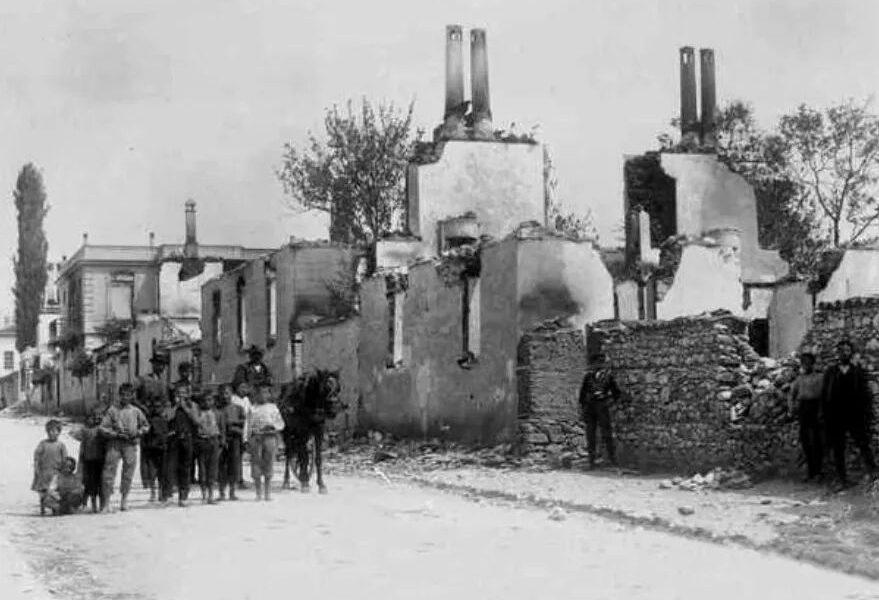The Massacre at Doxato refers to a tragic incident that took place on September 17, 1941, during World War II, in the village of Doxato in northeastern Greece. The village was predominantly inhabited by a Christian Macedonian-speaking Slavic minority known as the Pomaks.
During the war, Greece was occupied by Axis forces, including Bulgarian troops. Tensions between the local Greek population and the occupying Bulgarian army were high, and the situation was exacerbated by ethnic and religious differences.
On the morning of September 17, Bulgarian soldiers entered Doxato and began conducting searches and arrests. Reports suggest that the soldiers targeted male residents and accused them of supporting Greek resistance fighters. The exact trigger for the violence remains disputed, but it is believed to have started with an altercation between a Bulgarian soldier and a local villager.
As the confrontation escalated, the Bulgarian soldiers opened fire on the villagers, leading to a brutal massacre. The soldiers burned houses, looted property, and committed acts of violence against the local population. The number of casualties varies in different accounts, but it is estimated that between 80 and 118 villagers, including men, women, and children, were killed during the massacre.
The incident shocked Greece and drew international attention. The Doxato massacre became a symbol of the atrocities committed during the wartime occupation. It also strained relations between Greece and Bulgaria, fueling long-standing historical tensions between the two nations.
In the aftermath of the war, the tragedy at Doxato remained a painful memory for the affected community and a significant event in Greek history. Memorials were erected to commemorate the victims, and the massacre is often remembered as a symbol of the suffering endured by Greek civilians during World War II.

